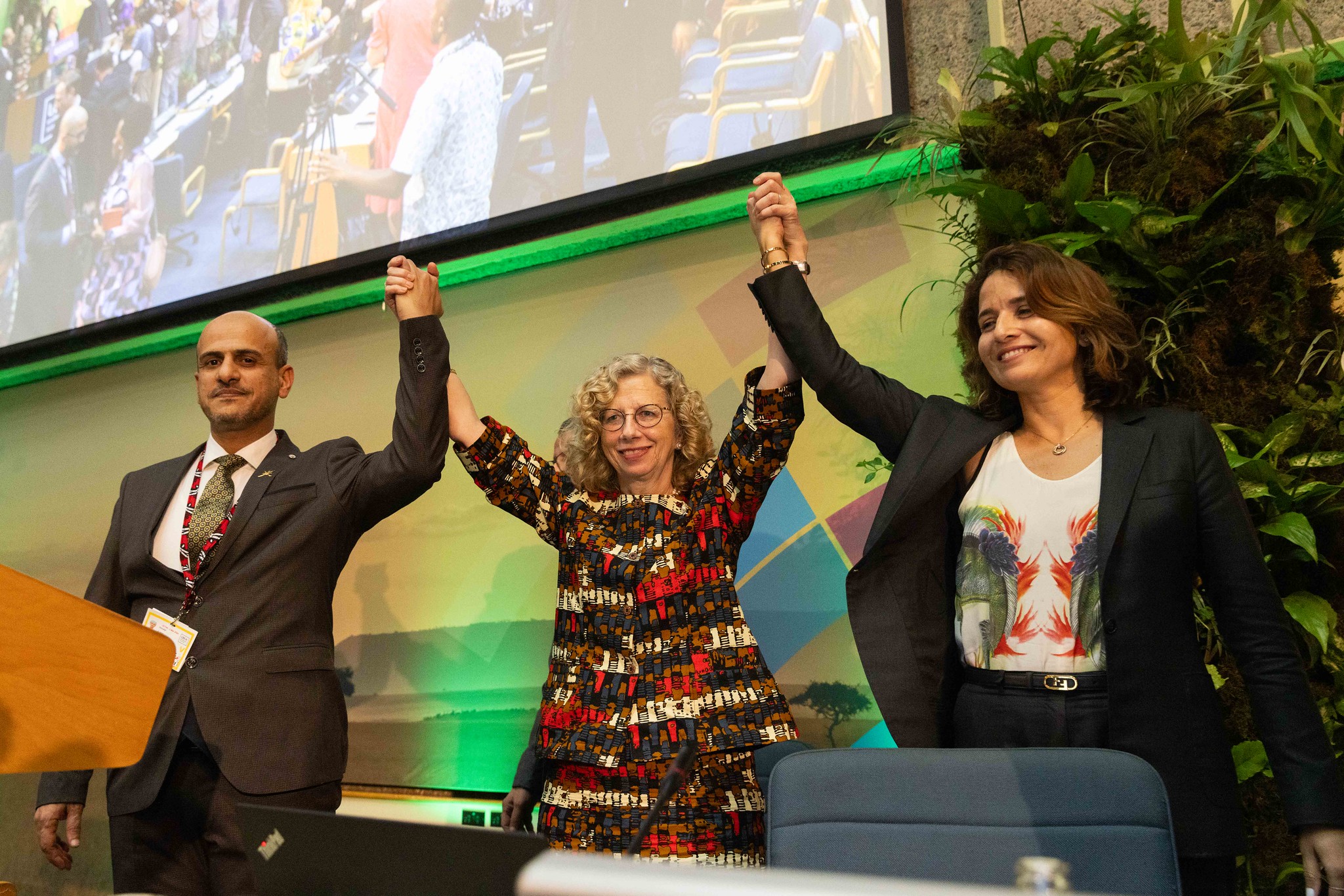
UNEA-6 concludes with strong commitments to tackle triple planetary crisis
The sixth session of the United Nations Environment Assembly (UNEA-6) concluded on March 1, with the adoption of 15 resolutions, two decisions, and a Ministerial Declaration.
Held in Nairobi, Kenya, under the theme “Effective, inclusive and sustainable multilateral actions”, the Assembly aimed to strengthen multilateral environmental action against the pressing issues of climate change, biodiversity loss, and pollution.
UNEA-6 underscored the critical role of international cooperation in addressing environmental challenges.
The adopted resolutions cover a wide range of environmental challenges.
A resolution concerning water advocates for a comprehensive approach to managing water resources in agriculture and industry, with a particular emphasis on enhancing implementation methods, especially in developing nations.
Another addressing air pollution is centered on improving national air quality monitoring, building capacity, and coordinating efforts to create and enforce air quality action plans and policies.
The Assembly also adopted a resolution on land degradation, urging member states to encourage land conservation and sustainable land management, contribute to achieving land degradation neutrality, and bolster drought resilience.
Ocean and seas governance was also in consideration, underscoring the importance of strengthening the interface between ocean science and policy, as well as maintaining cooperation and coordination on marine issues among all relevant parties to effectively achieve Sustainable Development Goal 14.
A further resolution on governance aims to foster synergies in implementing Multilateral Environmental Agreements (MEAs) by enhancing capacity-building initiatives, strengthening cooperation with UN Country Teams, providing support for reporting processes, and mobilizing resources.
“I encouraged you to look at solutions, with an open inclusive and curious mind, in a meaningful whole of society approach; that keeps vulnerable communities at the center of our objectives; and that ensures that no one is truly and credibly left behind,” Leila Benali, UNEA-6 President and Minister of Energy Transition and Sustainable Development of Morocco, said.
The two decisions adopted by UNEA-6 focus on the Assembly’s work program and budget for the coming years.
In the Ministerial Declaration, it was made clear that Member States would use sustainable multilateral actions to combat deforestation, land degradation, drought, and desertification in addition to preserving biodiversity, reducing global warming, and eradicating pollution.
The outcomes of UNEA-6 mark a significant step forward in the global fight against environmental degradation. However, the success of these resolutions and commitments will ultimately depend on their implementation by member states and other stakeholders.
“The negotiations were not always easy. Member States did not always agree. But that is the nature of multilateralism…I am sure that they will continue in the spirit of finding solutions that work for people and planet,” UNEP Executive Director Inger Andersen said
UNEA-6 serves as a springboard for further action. The upcoming year will be critical in translating these commitments into tangible improvements for the health of our planet.
With the member states agreeing to hold the next UN Environment Assembly (UNEA-7) in December 8, 2025 UNEA-6 elected Abdullah Bin Ali Amri, Chairman of the Environment Authority of Oman, as the new President o preside over UNEA-7.






